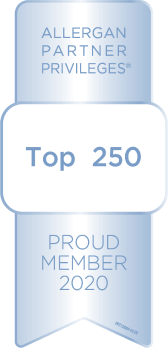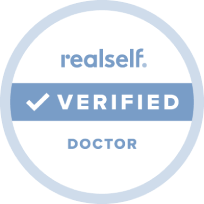Are you a smart cookie when it comes to sunscreen? When you live in a place like Colorado – famous for our sunny days and outdoor activities – sunscreen is a lifestyle essential. We all know that, but understanding the science behind sunscreen reinforces its importance and helps you choose the right product.
Here at Raval Facial Aesthetics, we want to remind patients that protecting yourself from the sun is even more important following skin treatments or surgical procedures.
What’s Wrong with a Little Sun?
Exposure to the sun’s ultraviolet rays can tan your skin, but it can also cause skin cancer and premature skin aging. There are actually two types of ultraviolet radiation – UVA and UVB. Both are dangerous, but UVB rays are more so, which is why you want a broad-spectrum sunscreen that provides full protection.
The problem is not necessarily how much time you spend in the sun but how much solar energy (radiation) it takes to cause your skin to burn. SPF, which stands for Sun Protection Factor, is a rating system that compares the amount of solar energy exposure if you’re wearing a particular sunscreen product versus wearing no sunscreen.
The higher the SPF rating, the better the sunscreen will protect your skin. But SPF 15, for example, does not mean you can spend 15x more time in the sun without risk. Here’s how it actually works:
- SPF 15 blocks 93% of UVB rays
- SPF 30 blocks 97% of UVB rays
- SPF 50 blocks 98% of UVB rays
You’re More Exposed Than You Think
The amount of time you spend in the sun does matter, but multiple factors determine the amount of solar energy exposure your skin can tolerate before burning:
- Fair-skinned people burn faster than those with darker skin because light color skin absorbs more solar energy.
- Solar radiation is more intense during the middle of the day -- one hour in the sun at 9am could expose you to the same amount of solar energy as just 15 minutes at 1pm.
- Solar energy is more intense at lower latitudes but also at higher altitudes (think Denver).
- The amount of sunscreen you apply affects the amount of solar energy your skin absorbs. More sunscreen provides better protection.
- How often you apply sunscreen matters, too. Water-resistant or not, sunscreen can wash off in water or from sweating, it can rub off during physical activity, and it also loses effectiveness over time. Frequent re-application provides better protection.
- Cloudy days do not prevent potential problems. Clouds do absorb some solar radiation, but it is still a concern. Likewise, windows do not eliminate exposure, because UV rays penetrate the glass.
Post-Treatment Skin is Especially Vulnerable
Many skin rejuvenation treatments deliberately cause some type of controlled trauma to the skin’s surface and/or deeper layers in order to trigger the healing process that produces new, healthier skin cells. Some technologies use heat, light or radiofrequency energy. Peels and other resurfacing treatments use chemicals or are abrasive. Microneedling creates tiny pricks in the skin. These injuries are temporary, but they can increase your skin’s sensitivity to UV light.
Surgical procedures such as rhinoplasty, facelift and neck lift also traumatize the skin. While Dr. Raval is expert at using the smallest possible incisions and placing them where they are least likely to be visible, incisions do produce scars. Scars that are still healing can easily sunburn, potentially leaving the tissue permanently darker in color instead of fading with time.
No matter how minimal your post-procedure downtime may be, it is critical to protect your skin while it is in this state of increased vulnerability. It’s best to stay out of the sun altogether. However, if that’s not possible, cover up with a wide-brim hat and apply plenty of sunscreen that is at least SPF 30.
Feeling Smarter About Sunscreen Now?
Now that you know more about the science, take this quiz created by the US Food and Drug Administration and see how sunscreen savvy you are. Need help finding the right products for your skin? We're always here to help! Call us at 303.381.3223 and let's get you in for a Visia Complexion Analysis!
- Acne
- Botox/Dermal Fillers
- Browlift
- Chemical Peels
- Chin Augmentation
- Consultation
- Denver Facial Plastic Surgeon
- Deviated Septum
- Eyelid Procedures
- Facelifts/Necklifts
- Headaches/Excessive Sweating
- Healthy Living
- Laser Hair Removal
- Laser Treatments
- Latisse
- MedSpa
- Memberships
- Microdermabrasion
- Nasal Valve Collapse
- Non-Surgical Procedures
- Rhinoplasty
- Skin Care
- Thread Lifts
- Wrinkle Treatments


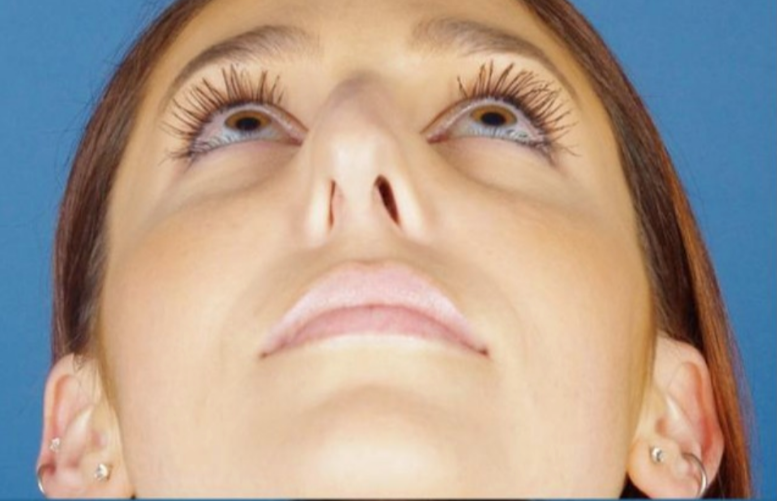
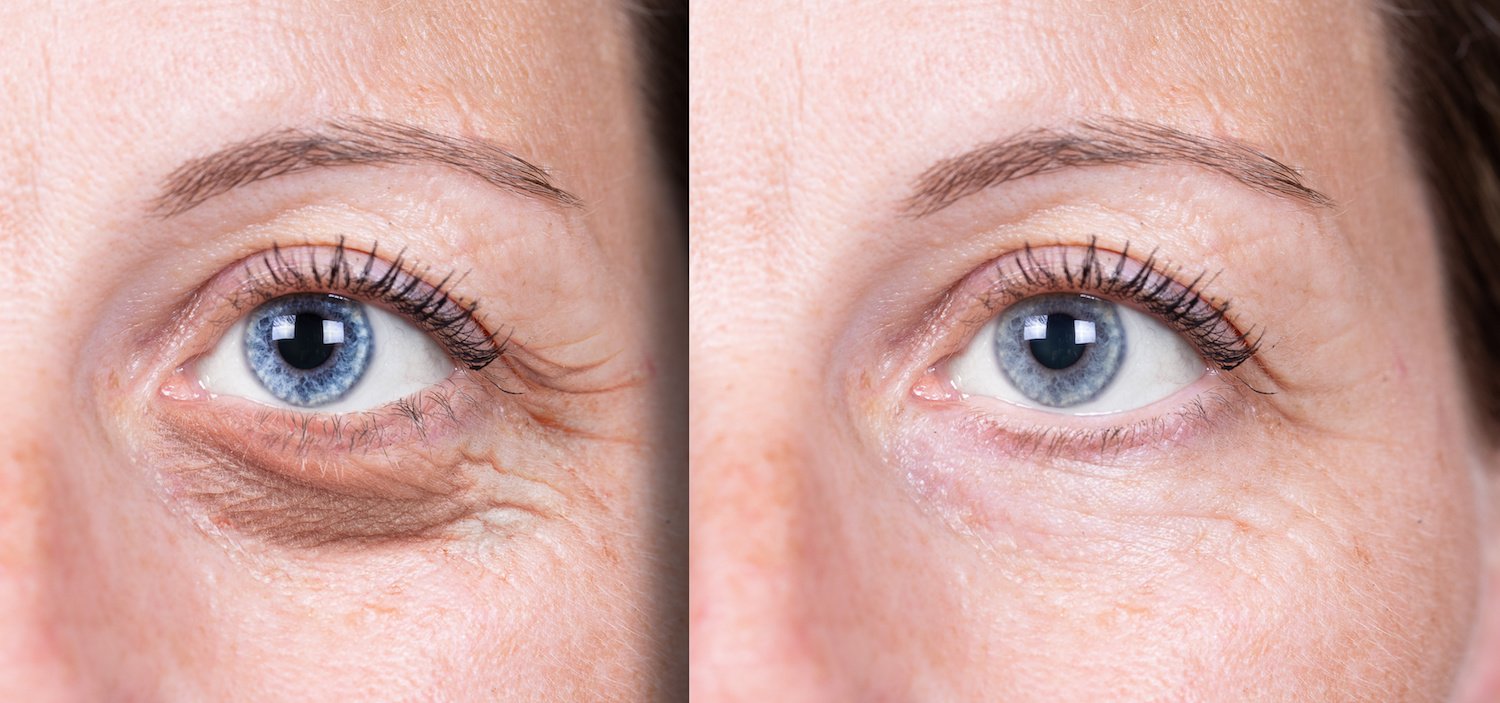
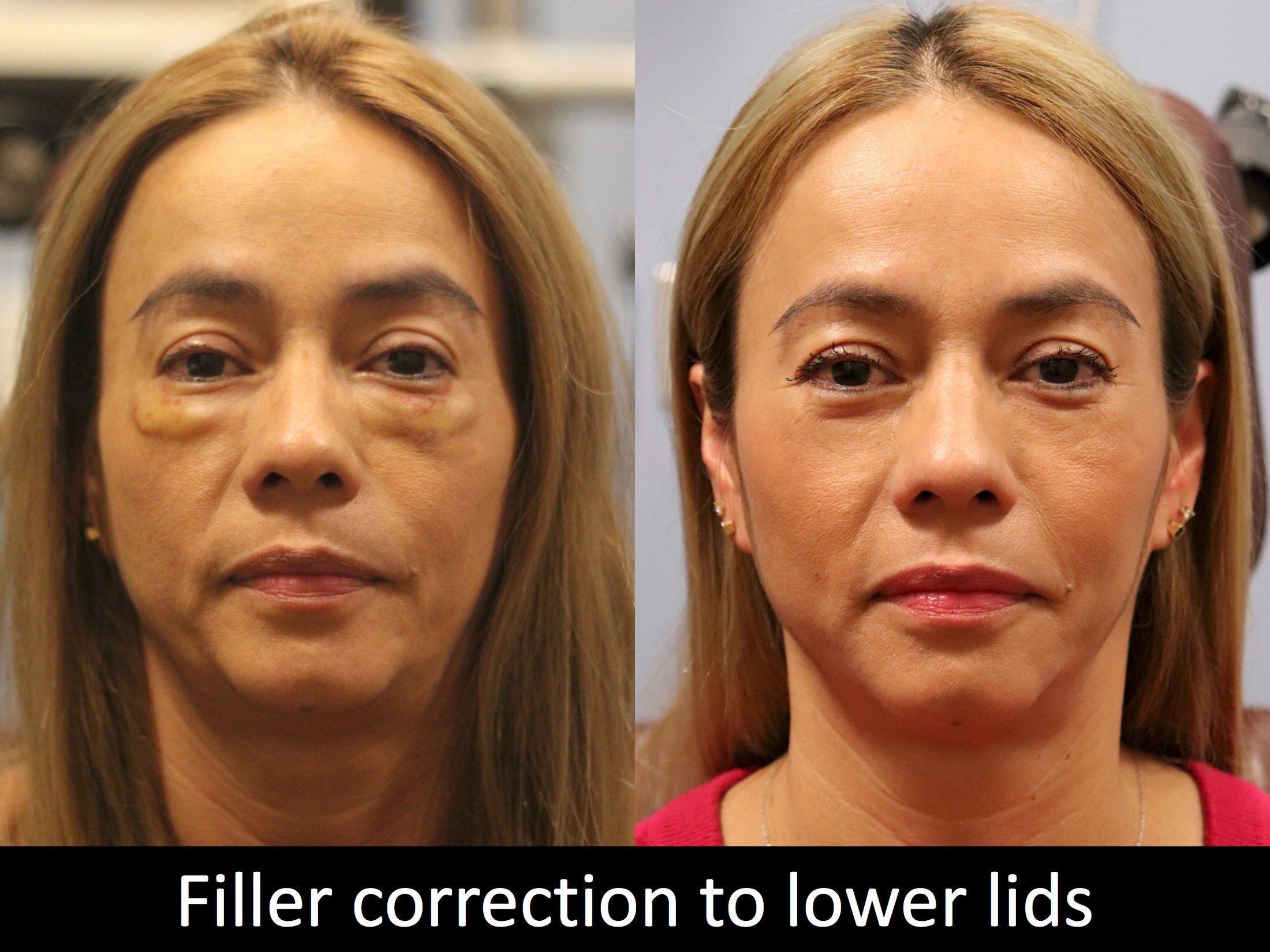
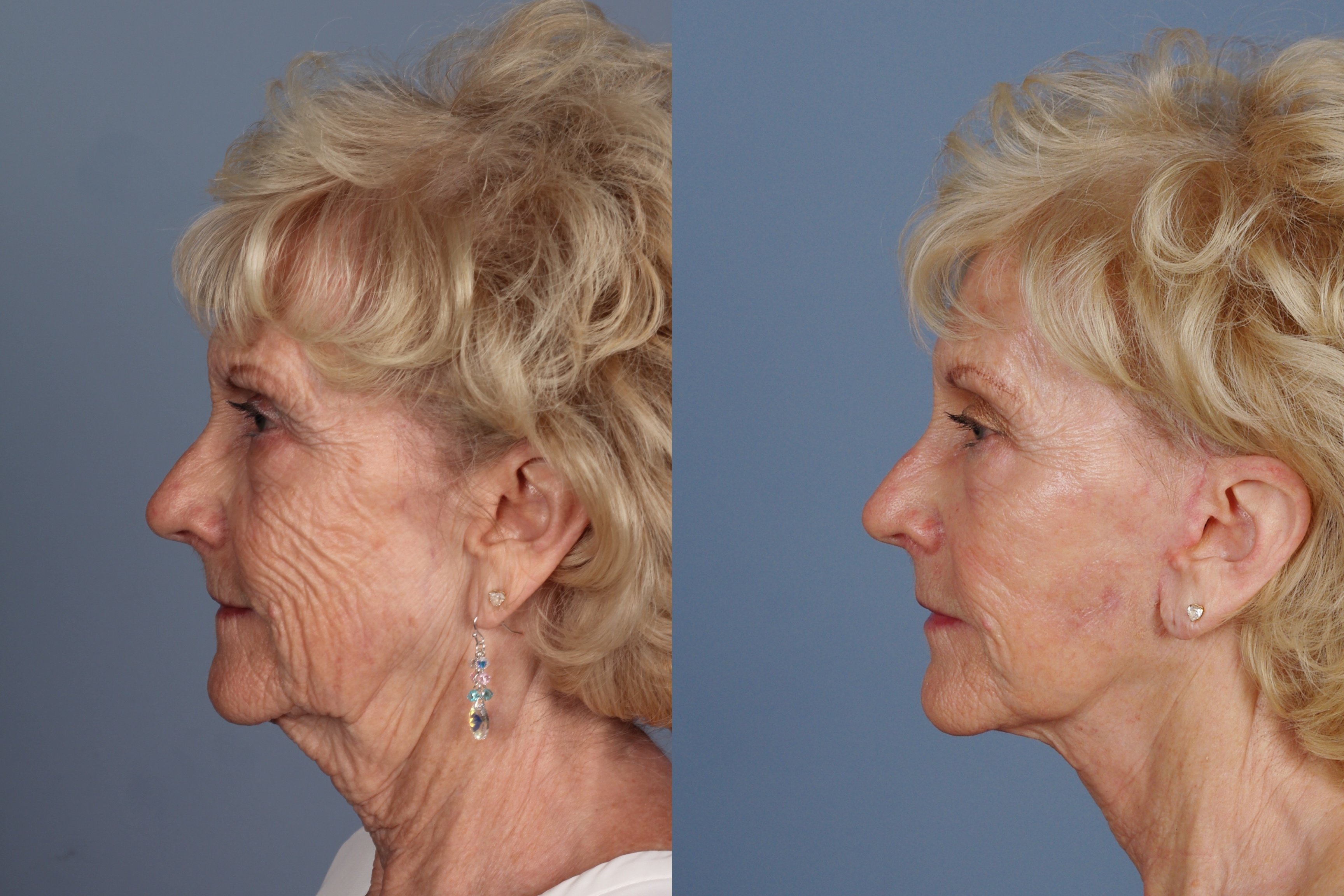
.jpeg)



